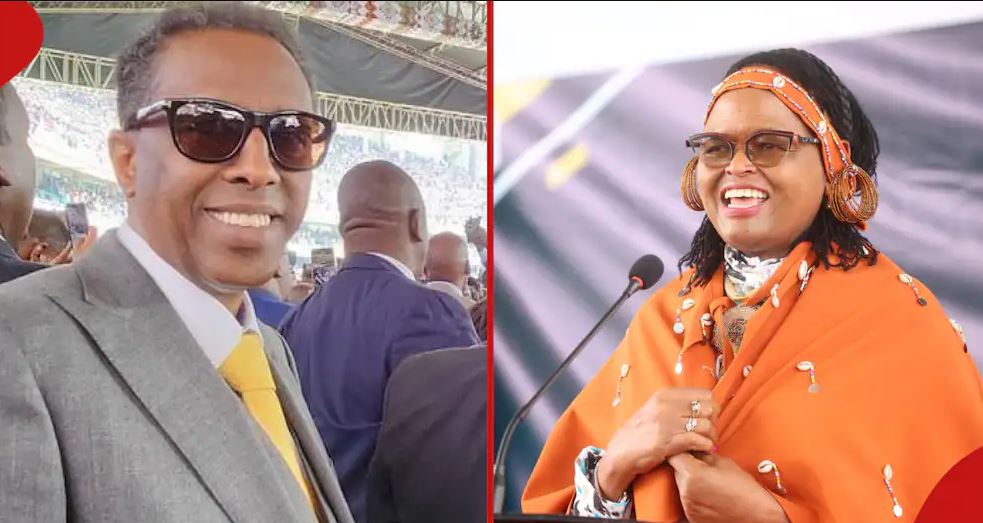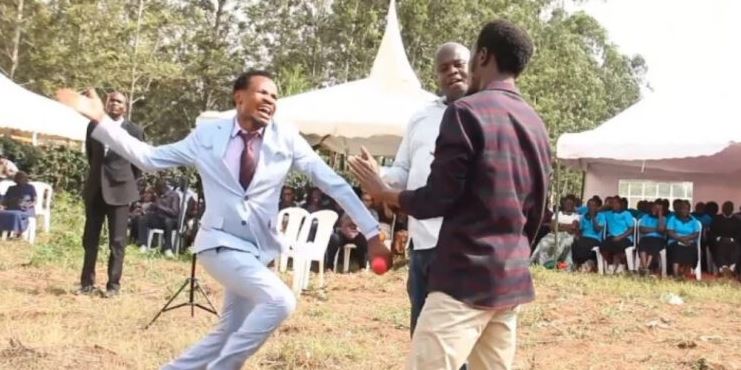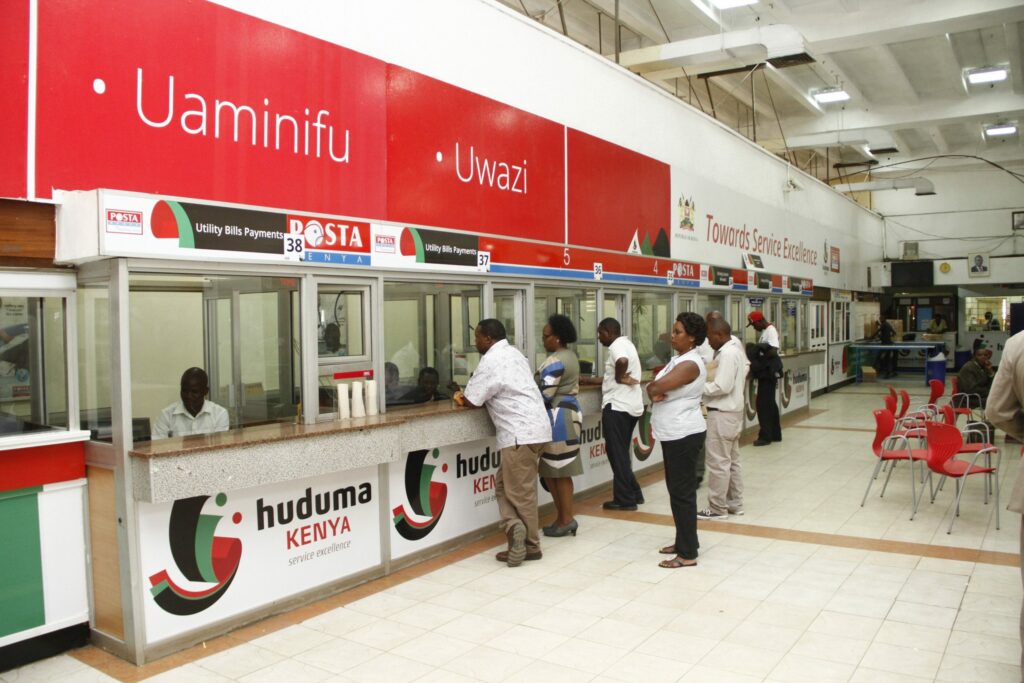 Senior Counsel Ahmednasir Abdullahi, popularly known as Grand Mullah, has expressed a willingness to reconcile with the Supreme Court.
Senior Counsel Ahmednasir Abdullahi, popularly known as Grand Mullah, has expressed a willingness to reconcile with the Supreme Court.
This is after the Supreme Court on Tuesday morning upheld its Thursday ban preventing him from appearing before the Supreme Court due to his continued attacks on judges and the Judiciary.
Ahmednasir had presented himself in court to represent a family entangled in a legal dispute over a Ksh.2 billion land case against the late President Daniel Moi’s family.
During the virtual hearing, Chief Justice Martha Koome declared that the proceedings would not continue if Ahmednasir was part of the defense, or if any device associated with the lawyer followed the proceeding.
Consequently, the court adjourned the case, with six judges recusing themselves from the matter as long as Ahmednasir remained on record.
RELATED – Grand Mullah Terms Supreme Court Ban a Badge of Honour
In response to the Supreme Court order, the Grand Mullah expressed his willingness to reconcile with the Apex Court but outlined two conditions.
In a tweet on his popular Twitter profile, Ahmednasir stated that one of his conditions is the removal of CJ Koome, DCJ Mwilu, Njoki Ndungu, and Smokin Wanjala as Supreme Court judges.
“Now that @CJMarthaKoome today read the order of the Court where 6 judges recused themselves from the case I was to argue and futher baring me from the court as long as they members of the Court…
I’m ready to MAKE PEACE with the court as follows:
1. I will not take a brief or appear before the Supreme Court as long as CJ Koome, DCJ Mwilu, Smokin Wanja and Njoki are judges of the Supreme Court Kenya.
2. I will come back to the Court (InshaAllah) if and when Justices Ibrahim, Lenaola, Ouko and other new members constitute a majority in the Supreme Court.” Grand Mullah tweeted.
The prominent lawyer has since pledged to challenge the Supreme Court ban at the East African Court of Justice.
Now that @CJMarthaKoome today read the order of the Court where 6 judges recused themselves from the case I was to argue and futher baring me from the court as long as they members of the Court…I’m ready to MAKE PEACE with the court as follows:
1. I will not take a brief or…— Ahmednasir Abdullahi SC (@ahmednasirlaw) January 23, 2024








